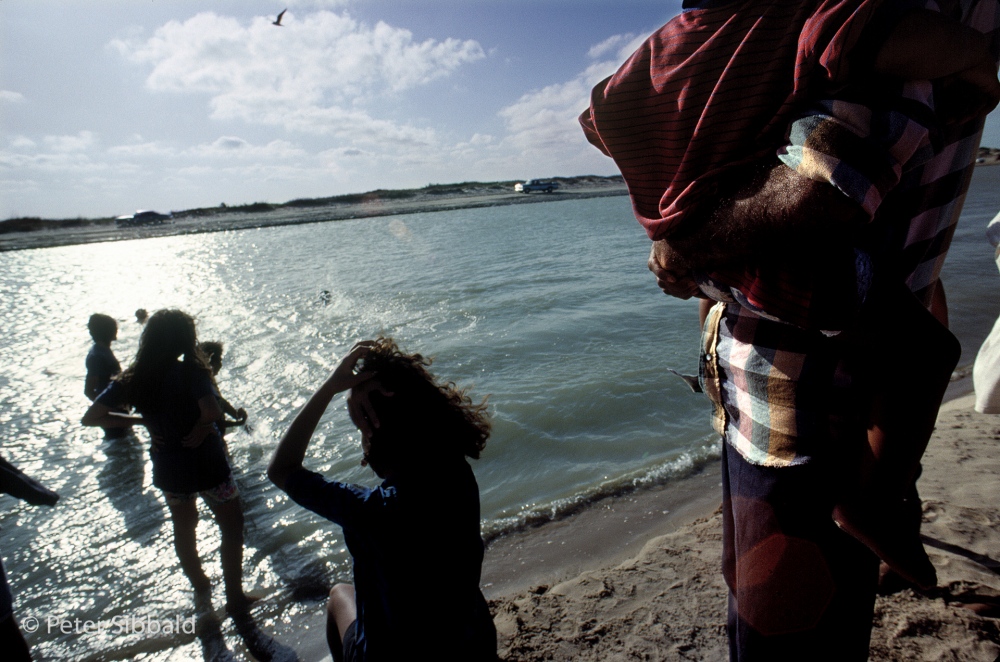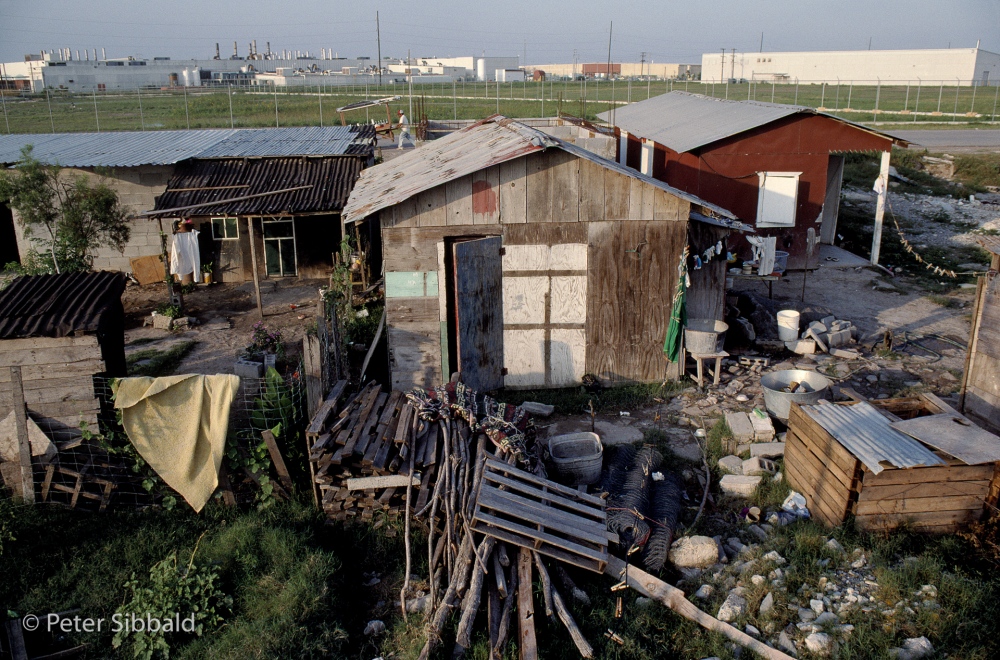Public Project
Trump, Fairness & Maquiladoras
Were I an American voter, I would not be a Trump supporter, and yet the other day Canadian Broadcasting Corporation's Anna Maria Tremonti interview with American political author and journalist, Thomas Frank, gave me pause.
Frank, whose new book Listen Liberal: Or, What Ever Happened to the Party of the People argues that Trump's appeal is not his racism, bigotry and intolerance. Rather, says Frank, it is a certain resonance found in The Donald's bombastic messaging for some sizeable portion of "the people" still reeling from recession and other bad trade deals dating back to the advent of the Canada-US Free Trade Agreement and NAFTA, and right on up to the Trans-Pacific Partnership (TPP).
In the late 1980s and early '90s there were popular rallies against Free Trade just as, a decade later, globalization"stemming in good part from Free Trade"would spark a new generation of popular backlash. Many citizens from all walks of life marched, protested and letter wrote, and some of us, like myself, documented. It wasn't just a concern for the workers becoming the un- and under-employed or working poor, but just about everyone I knew across most sectors, especially those in the media and the arts gradually (or not so gradually) started falling out of the middle class. Later still there would be Occupy, further evidence that an insidious form of broad socio-economic inequity was well underway in the US and Canada.
"We need Fair Trade, not Free Trade!", Trump proclaims, and given what I've lived and documented this past quarter century, I'd have to admit"reluctantly"that on at least this one point The Donald's pronouncement is pretty unassailable"¦ that is, unless you're one of the 62 people who control an equal amount of wealth to the poorest 50% of the world's population (plus their friends, supporters and large shareholders who altogether comprise the so-called 1%).
There is a strange convergence to all of this, for on this point one can also imagine Bernie Sanders chiming in his support, a concurrence that may indeed account for the seemingly inexplicable rise in popularity of both Bernie and The Donald among the angry and disaffected. Perhaps we've all been confused about the us's and them's " it being a case of the real us's, derived from a broadly shared experience of class disenfranchisment, but having been successfully divided due to decades of fear-bating politics and deteriorating edcational opportunities, in which case the them's are merely the 1%. Not that anyone with a modicum of critical intelligence, least of all Thomas Frank, imagines that billionaire and hypothetical President Trump would actually enact policy supplanting the interests of the rich in favour of the global rest of us. But Bernie might, which is why, sadly, he will likely prove unacceptable to the Democrats. For ironically, although it was the Republicans under President George H.W. Bush who negotiated and drafted NAFTA, it was ultimately a Democrat, President Bill Clinton, who ratified and implemented the Agreement. Canadian politics echoed this pattern when our Conservative government led by Brian Mulroney, who having drafted this unpopular Agreement, was likewise overthrown by Jean Chretien's Liberals who thereupon signed it anyway.
All of this reminded me of a body of work I had done in 1993, a small selection of which you can see here. Back in the late 1980s and early '90s, tipped off by Maude Barlow of The Council of Canadians, a few of us looked to the maquiladora region, a special experimental Free Trade zone already established in northern Mexico"a place where pro-Free Trade rhetoric, stripped naked, might give us a peak into our future lives under the contentious agreement. Indeed, when I spent ten days photographing in and around Matamoros, Mexico"south of Brownsville Texas"I couldn't avoid a sense I was witnessing a foreshadowing of events closer to home. As antagonists to Free Trade predicted, good middle-class $US20/hour manufacturing jobs relocated from the US and Canada to Mexico where impoverished workers"especially young women"were expected to feel grateful for their roughly $1.39 per hour pay for exactly the same work. Moreover, according to a 2001 report by the non-partisan think tank, the Economic Policy Institute, on the effects of the 1994 implementation of NAFTA, Mexican worker's wages fell, rather than rose, throughout the duration of the 1990s. Meanwhile, right up to the present, many of us would grow uncomfortably intimate with the pathos of declining living standards, as the rich grew richer: plus ça change, plus c'est la même chose. Hardly a case of "a rising tide lifts all boats", as has been the pro-Free Trade mantra since the 1960s.
In reflecting back on my photographs in the Mexican maquiladora region, and their predictiveness of the changes since, I don't mean to get catastrophic. Sure, I will admit that there is a certain Malthusian appeal to the knowledge that after film director Neill Blomkamp's ill-fated trip to another maquiladora region, Tijuana, it was no accident that he chose a real location in Mexico City to film the earthbound scenes of his 2013 science fiction movie, Elysium"where by 2154, Earth's citizens have become Third World subordinates to the material needs of a luxury country-club space station refuge for the 1%.
Realistically though, even if one accords a grain of salt to that fictional timetable, this still gives North Americans nearly a century and a half to try and put things right. Grounding my photographs in this reality, things have been moving in the wrong direction for at least a quarter of a century, and perhaps Thomas Frank has it right: The Donald is homing in on an instinct for injustice felt widely in the first person. Now, as American pre-election rhetoric tears apart the land of the free, pitting one structurally disadvantaged group against another, wouldn't it be brave if would-be leaders began uniting citizens around a civil discourse of social justice and authentic policy intent on restoring Fair Trade both north and south of the Rio Grande?
Peter Sibbald
Ontario, Canada
March 2016
6,476












